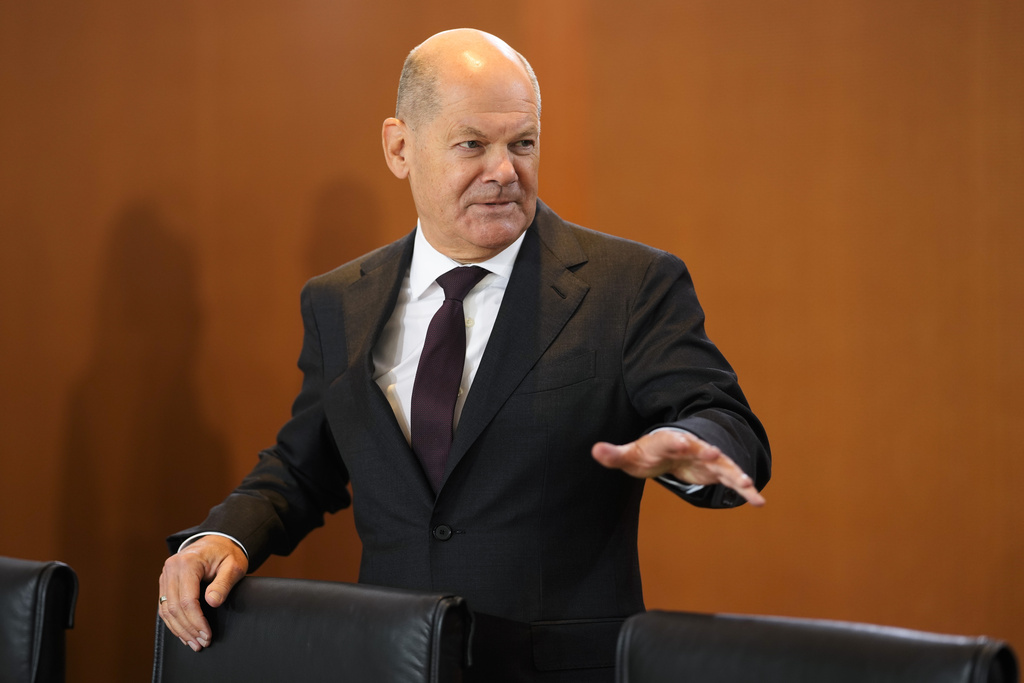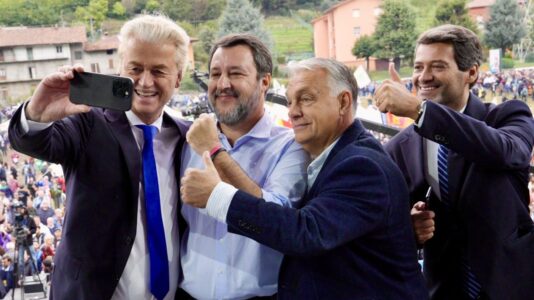In a speech delivered on the Day of German Unity, Chancellor Olaf Scholz sparked controversy by accusing a significant portion of Eastern German voters of supporting authoritarian and radical parties.
Speaking at the Mecklenburg State Theater in Schwerin, Scholz expressed his concerns about the political climate in East Germany, claiming that one-third of voters in the region were turning away from liberal democratic values.
“The vast majority of citizens in Germany stand firmly on the basis of our liberal order. These are the sensible and decent people, these are the ones who don’t just complain, but also get involved for our country,” he said.
However, he scolded those opting to go against his failing coalition government and vote for anti-immigration parties like the Alternative for Germany, accusing them of “damaging our entire country, our economy, and our reputation in the world.”
“It will take a lot of hard work to reverse this trend,” he warned.
Scholz’s remarks come against the backdrop of a day meant to celebrate the reunification of Germany, emphasizing the need to reflect on the past and acknowledge the struggles faced by millions of East Germans during the transition.
“This is probably one of the reasons for the still special mood, the special disgruntlement and political peculiarities that characterize East Germany today,” he stated.
The Chancellor’s comments have ignited a wave of reactions on social media, with many expressing anger and disbelief at his assessment.
He emphasized the significance of acknowledging the historical context, noting that for many East Germans, the upheaval following reunification felt like a “collapse of their entire life up to that point,” which he described as a devaluation of their knowledge and life’s achievements. “This should never be forgotten or swept under the carpet,” he cautioned.
Scholz’s speech focused on the need for unity and resilience in the face of populism. “The center is much larger than the radicals on the edges,” he declared.






